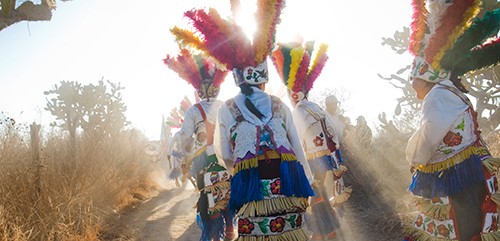 Today marks the launch of the second round of an internal competition to allocate BU’s Global Challenges Research Fund (GCRF) grant.
Today marks the launch of the second round of an internal competition to allocate BU’s Global Challenges Research Fund (GCRF) grant.
Bournemouth University receives an annual block grant funding from Research England to undertake research as part of the Global Challenges Research Fund (GCRF) that is an integral part of the UK’s Official Development Assistance (ODA) commitment. At BU this funding will once again be allocated via an open competition in accordance with BU QR GCRF three-year institutional strategy. The aim is to support a diverse portfolio of research activities with the common feature that they all in some way address the challenges defined for developing countries in the UN Sustainable Development Goals (the SDGs).
Funding available
The University has established a dedicated GCRF Panel to oversee respective funding allocations, monitor GCRF project performance and ensure awards support the BU QR GCRF three-year institutional strategy.
There will be two BU-GCRF calls in spring 2019. The first call is open to all existing GCRF/ODA compliant projects or activities that require additional funding to extend or enhance their impact. A second call will be open in spring 2019 to encourage and consider new GCRF and ODA related activity with projects starting from September 2019.
Eligibility
This first call will give priority to existing GCRF and ODA compliant activities and projects. Applications are welcome from academic and research staff from all faculties and departments at BU. For staff on fixed-term contracts, their existing employment contract must outlast the duration of the project.
Application process
Colleagues interested in applying should read and download the BU HEFCE GCRF call specification and guidelines and complete the application form (annex 1 to the guidelines).
The deadline for submissions is 5 pm (GMT) on the 26th March 2019 Successful applicants will receive notification early April 2019.
Completed application forms should be sent to Alexandra Pękalski, Panel Secretary (GCRF@bournemouth.ac.uk ).
Putting the GCRF Fund into strategic context, under BU2025, the following funding panels operate to prioritise applications for funding and make recommendations to the Research Performance and Management Committee (RPMC).
There are eight funding panels:
- HEIF Funding Panel
- GCRF Funding Panel
- Research Impact Funding Panel
- Doctoral Studentship Funding Panel
- ACORN Funding Panel
- Research Fellowships Funding Panel
- Charity Support Funding Panel
- SIA Funding panel
Please see further announcements regarding each initiative over the coming weeks.
These panels align with the BU2025 focus on research, including BU’s Research Principles. Specifically, but not exclusively, regarding the GCRF Fund, please refer to:
- Principle 5 – which sets of the context for such funding panels
- Principle 6 and Outcome 9 – which recognises the need for interdisciplinarity and the importance of social science and humanities (SSH)
- Outcomes 4 and 5 – where ECRs are provided with the mechanisms for support such as mentors and, through schemes including the GCRF fund, gain budgetary responsibility experience
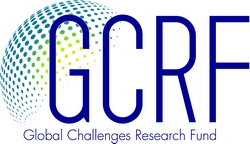
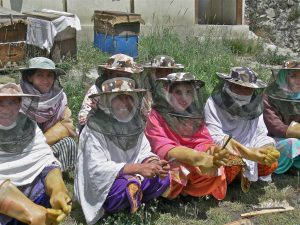
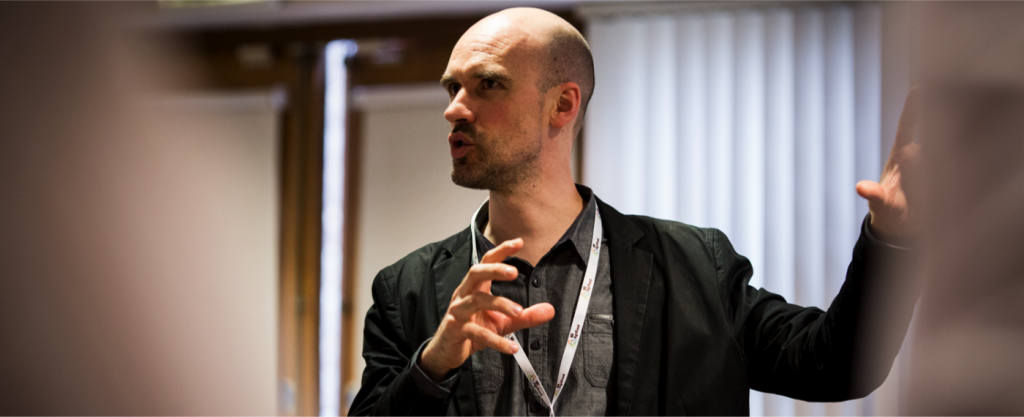


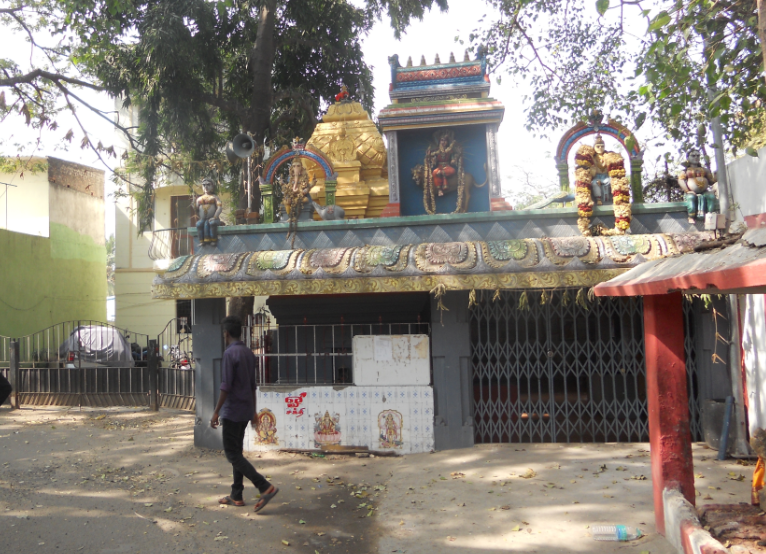

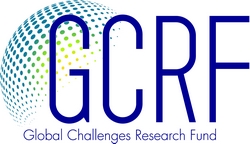 There is less than two weeks until the internal GCRF competition closes (deadline Wednesday 28 February). The aim of the competition is to fund a diverse portfolio of research activities with the common feature that they all in some way address the challenges defined for developing countries in the
There is less than two weeks until the internal GCRF competition closes (deadline Wednesday 28 February). The aim of the competition is to fund a diverse portfolio of research activities with the common feature that they all in some way address the challenges defined for developing countries in the  The
The  The Department for Business, Energy and Industrial Strategy has
The Department for Business, Energy and Industrial Strategy has  Closing date: 08 Jun 2017 16:00 GMT+1
Closing date: 08 Jun 2017 16:00 GMT+1 The overarching driver of this partnership building activity is to develop inter-disciplinary research capacity and capability in both the UK and developing countries, jointly and collaboratively and across career stages. The aim is to generate reciprocal benefits through integrating understanding of cultures and histories into medical and public health challenges in a global context and to equip the next generation of researchers to work collaboratively and blend scientific, cultural and policy research.
The overarching driver of this partnership building activity is to develop inter-disciplinary research capacity and capability in both the UK and developing countries, jointly and collaboratively and across career stages. The aim is to generate reciprocal benefits through integrating understanding of cultures and histories into medical and public health challenges in a global context and to equip the next generation of researchers to work collaboratively and blend scientific, cultural and policy research. EPSRC have issued the following
EPSRC have issued the following  The Government Spending Review on 25th November 2015 announced “a new £1.5 billion Global Challenges Research Fund, to ensure UK science takes the lead in addressing the problems faced by developing countries, whilst developing our ability to deliver cutting-edge research”. The Global Challenges Research Fund is a BIS initiative which operates across a number of delivery partners, including the Research Councils, National Academies and HEFCE.
The Government Spending Review on 25th November 2015 announced “a new £1.5 billion Global Challenges Research Fund, to ensure UK science takes the lead in addressing the problems faced by developing countries, whilst developing our ability to deliver cutting-edge research”. The Global Challenges Research Fund is a BIS initiative which operates across a number of delivery partners, including the Research Councils, National Academies and HEFCE. Workshop
Workshop










 Visiting Prof. Sujan Marahatta presenting at BU
Visiting Prof. Sujan Marahatta presenting at BU 3C Event: Research Culture, Community & Can you Guess Who? Friday 20 March 1-2pm
3C Event: Research Culture, Community & Can you Guess Who? Friday 20 March 1-2pm Beyond Academia: Exploring Career Options for Early Career Researchers – Online Workshop
Beyond Academia: Exploring Career Options for Early Career Researchers – Online Workshop UKCGE Recognised Research Supervision Programme: Deadline Approaching
UKCGE Recognised Research Supervision Programme: Deadline Approaching SPROUT: From Sustainable Research to Sustainable Research Lives
SPROUT: From Sustainable Research to Sustainable Research Lives ECR Funding Open Call: Research Culture & Community Grant – Apply now
ECR Funding Open Call: Research Culture & Community Grant – Apply now ECR Funding Open Call: Research Culture & Community Grant – Application Deadline Friday 12 December
ECR Funding Open Call: Research Culture & Community Grant – Application Deadline Friday 12 December MSCA Postdoctoral Fellowships 2025 Call
MSCA Postdoctoral Fellowships 2025 Call ERC Advanced Grant 2025 Webinar
ERC Advanced Grant 2025 Webinar Update on UKRO services
Update on UKRO services European research project exploring use of ‘virtual twins’ to better manage metabolic associated fatty liver disease
European research project exploring use of ‘virtual twins’ to better manage metabolic associated fatty liver disease